SOUTH-SOUTH FACILITY RESULTS STORIES
In ten years of operations, the South-South Facility has supported more than 240 knowledge exchanges between more than 100 developing and emerging countries.
The lessons learned from these exchanges have been captured and documented in more than 170 Results Stories which constitute the SSF Knowledge Exchange Library.
Regions & Countries
Topics
Browse by Regions & Countries
- Angola
- Benin
- Botswana
- Burkina Faso
- Burundi
- Cabo Verde
- Cameroon
- Central African Republic
- Chad
- Comoros
- Congo, Democratic Republic of
- Congo, Republic of
- Cote d'Ivoire
- Equatorial Guinea
- Eritrea
- Ethiopia
- Gabon
- Gambia, The
- Ghana
- Guinea
- Guinea-Bissau
- Kenya
- Lesotho
- Liberia
- Madagascar
- Malawi
- Mali
- Mauritania
- Mauritius
- Mozambique
- Namibia
- Niger
- Nigeria
- Reunion
- Rwanda
- Sao Tome and Principe
- Senegal
- Seychelles
- Sierra Leone
- Somalia
- South Africa
- South Sudan
- Sudan
- Swaziland
- Tanzania
- Togo
- Uganda
- Zambia
- Zimbabwe
- Brunei Darussalam
- Cambodia
- China
- Fiji
- Indonesia
- Kiribati
- Korea, Democratic People's Republic of
- Lao People's Democratic Republic
- Malaysia
- Marshall Islands
- Micronesia, Federated States of
- Mongolia
- Myanmar
- Palau
- Papua New Guinea
- Philippines
- Samoa
- Solomon Islands
- Thailand
- Timor-Leste
- Tonga
- Tuvalu
- Vanuatu
- Vietnam
- Albania
- Armenia
- Azerbaijan
- Belarus
- Bosnia and Herzegovina
- Bulgaria
- Croatia
- Czech Republic
- Estonia
- Georgia
- Hungary
- Kazakhstan
- Kosovo
- Kyrgyz Republic
- Latvia
- Lithuania
- Macedonia, former Yugoslav Republic of
- Moldova
- Montenegro
- Poland
- Romania
- Russian Federation
- Serbia
- Slovak Republic
- Slovenia
- Tajikistan
- Turkey
- Turkmenistan
- Ukraine
- Uzbekistan
- Antigua and Barbuda
- Argentina
- Bahamas, The
- Barbados
- Belize
- Bolivia
- Brazil
- Chile
- Colombia
- Costa Rica
- Dominica
- Dominican Republic
- Ecuador
- El Salvador
- French Guiana
- Grenada
- Guatemala
- Guyana
- Haiti
- Honduras
- Jamaica
- Mexico
- Nicaragua
- Panama
- Paraguay
- Peru
- St. Kitts and Nevis
- St. Lucia
- St. Vincent and the Grenadines
- Suriname
- Trinidad and Tobago
- Uruguay
- Venezuela, Republica Bolivariana de
Browse by Topics
REFINE BY
ADVANCED SEARCH
Showing 161 to 200 of 210 Entries.
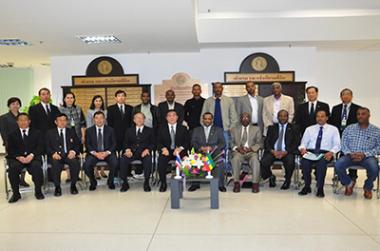
June 21, 2011 -
Improving Land Administration in Ethiopia
To speed the transition from subsistence to commercial agriculture, Ethiopia recognized that it needed to reform its land administration. However, the country’s mechanisms for enforcing property rights, lowering transaction costs, and encouraging investment in land were weak.
Read More
Knowledge-receiving Countries:
November 01, 2010 -
Learning from Community Driven Development (CDD) Models for Better Economic and Social Development Outcomes
As in many other East Asian countries, the number of people living in poverty in Cambodia, Lao PDR, and Vietnam has declined in the past decade. However, persisting poverty in less advantaged geographic areas and ethnic groups is still a challenge.
Read More
Knowledge-providing Countries:
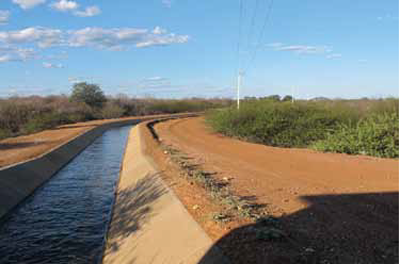
May 01, 2011 -
Public Private Partnerships in Irrigation
The Government of Ghana has made private investment in infrastructure and services through Public Private Partnerships (PPPs) a development priority. This commitment is in response to a major infrastructure deficit, a narrow fiscal space, and a legacy of inefficient public service delivery. Improved infrastructure services are critical to
Read More
Knowledge-providing Countries:
Knowledge-receiving Countries:
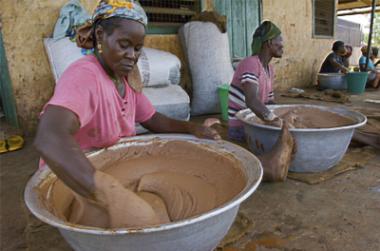
May 31, 2011 -
Ghanaian Women Farmers Partner with Indian Counterparts to Improve Production and Marketing of Shea Nuts
The Ghanaian PagSung Shea Butter and Shea Nut Pickers Association wanted to increase their production, processing, and export of shea nuts.
Read More
Knowledge-providing Countries:
Knowledge-receiving Countries:
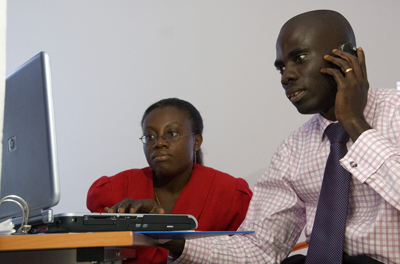
August 21, 2011 -
Urban Community Mapping
To improve the efficiency and accountability of the government, Tanzania wanted to increase citizen-based monitoring through Information and Communication Technology (ICT) services. Increasing transparency and good governance are crucial aspects of the World Bank Country Assistance Strategy (CAS) and the Tanzanian National Strategy for Growth and
Read More
Knowledge-providing Countries:
Knowledge-receiving Countries:
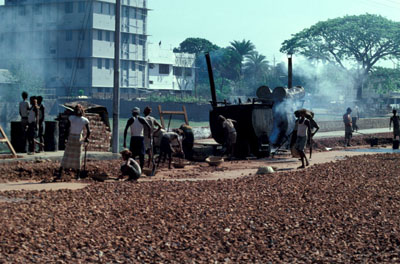
January 01, 2011 -
Strengthening Natural Resource Revenue Management and Lowering Volatility in Papua New Guinea
To decrease the negative effects of economic volatility induced by fluctuations in commodity prices and to improve management of natural resource revenues, Papua New Guinea wanted to learn international best practices through exchanges with other developing countries.
Read More
Knowledge-receiving Countries:
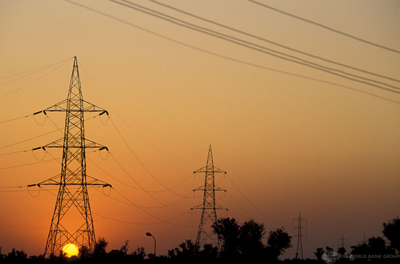
December 01, 2010 -
ICT Leadership Capacity Building for Moldovan Officials
In December 2009, Moldova began a journey of government transformation using Information and Communication Technology (ICT). Moldova’s leadership wanted to leverage ICT to increase the country’s growth, following the example of Singapore and other countries that have used ICT to become global leaders in competitiveness.
Read More
Knowledge-providing Countries:
Knowledge-receiving Countries:
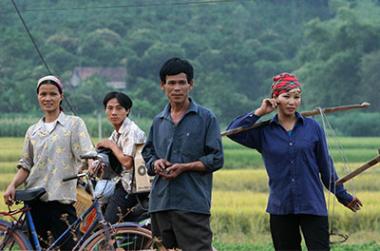
January 01, 2011 -
Strengthening Social Protection in Vietnam
To help reduce poverty, the Government of Vietnam sought to consolidate and modernize social protection programs. Vietnamese officials visited China and India to learn about ways to design, target, and manage social protection and social insurance programs.
Read More
Knowledge-receiving Countries:
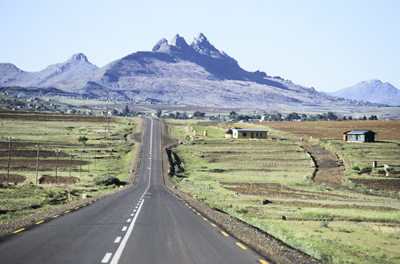
February 15, 2011 -
Reviving and Improving the Diamond Industries of Armenia and Lesotho
The dismantling of the Soviet Union in the early 1990s led to the near collapse of the Armenian diamond cutting industry, which after a brief period of growth in the early 2000s has again declined. To rebuild the industry using global best practices and to increase access to raw diamonds, the Armenian government contacted the World Bank.
Read More
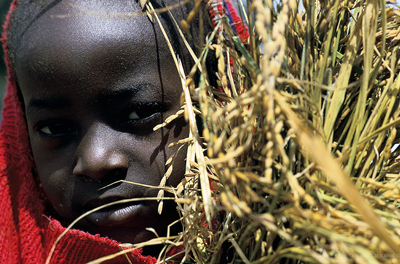
April 18, 2011 -
Developing an Effective Nutrition Sector in Malawi
Malawi has the highest rate of chronic malnutrition in Africa. To improve the lives of millions of Malawians and fight malnutrition, the government is scaling up nutrition interventions and making these programs central to development.
Read More
Knowledge-providing Countries:
Knowledge-receiving Countries:
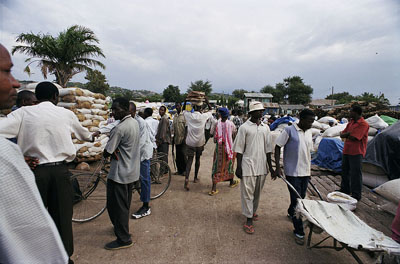
May 27, 2011 -
Enhancing Natural Resource Management in Africa
The governments of Cameroon and Ghana wanted to use oil and gas revenues more effectively to promote economic growth and reduce poverty. They also wanted to improve transparency and accountability in the sector.
Read More
Knowledge-providing Countries:
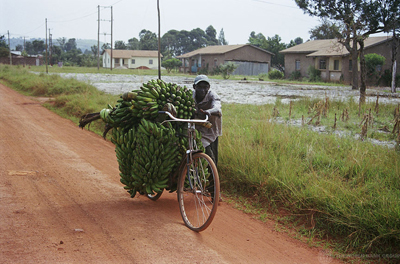
June 23, 2011 -
Comprehensive Climate Change Planning in Tanzania
Tanzania is highly vulnerable to climate shocks, and droughts, floods, and tropical storms are likely to become more intense and unpredictable as the earth warms. Current climate variability already inflicts significant economic hardship on Tanzania, which is largely dependent on agriculture.
Read More
Knowledge-providing Countries:
Knowledge-receiving Countries:
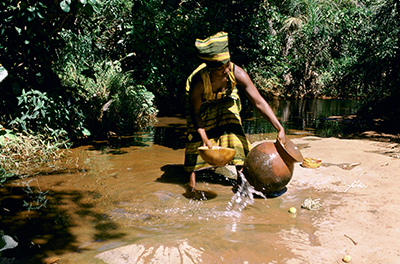
September 15, 2010 -
Increasing Access to Clean Water in the Central African Republic
Improving water quality and access is an important objective for the Central African Republic—one of the poorest nations in Sub-Saharan Africa. To deliver service to the nearly 75 percent of urban populations who rely on shallow wells and poor-quality water for their daily needs, the government requested assistance from the World Bank.
Read More
Knowledge-providing Countries:
Knowledge-receiving Countries:

August 20, 2010 -
Strengthening Water and Sanitation Systems in Yemen
Yemen faces natural water shortages because of its geographic location. The problem is exacerbated by weak institutional arrangements in the water and sanitation sector. Yemen is striving to address those challenges and achieve sustainable and efficient use of its water resources, which in turn can help the country’s economic development.
Read More
Knowledge-providing Countries:
Knowledge-receiving Countries:
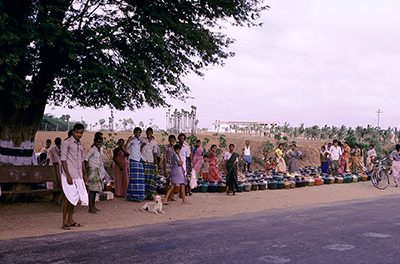
February 01, 2011 -
Improving Livelihoods through Investment in Rural Development, Infrastructure, and Social Services
Even while India is enjoying unprecedented economic growth, as one of the most populous countries in the world a vast number of its citizens still live below the poverty line, especially in rural areas. The government realized that dealing with this problem requires adopting best international practices.
Read More
Knowledge-providing Countries:
Knowledge-receiving Countries:
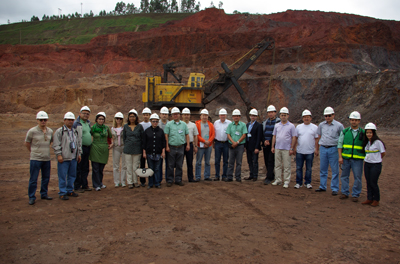
November 30, 2010 -
Developing the Mining Sector in Tajikistan
With one of the largest silver deposits in the world as well as other important minerals, Tajikistan is trying to make full use of its mineral sector to encourage economic growth.
Read More
Knowledge-providing Countries:
Knowledge-receiving Countries:
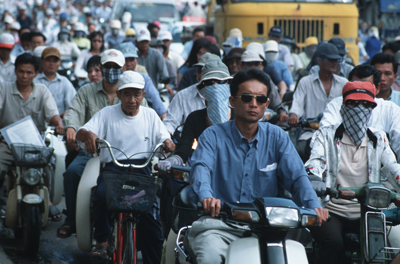
October 14, 2010 -
Improving Urban Transportation in Ho Chi Minh City, Vietnam
Like other cities in rapidly industrializing Vietnam, fast-growing Ho Chi Minh City must invest in urban transportation, including new and better roads, a metro network, and a modern bus rapid transit (BRT) system.
Read More
Knowledge-receiving Countries:
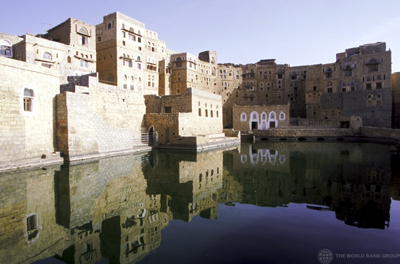
April 01, 2009 -
Yemen and China Share Knowledge on Management of Coastal and Marine Areas
Yemen’s 2,250 kilometers of coastline and fisheries provide livelihoods to over 2 million people, but coastal zones have been suffering from lack of management, and fishing production in Yemen has been declining since 2006.
Read More
Knowledge-providing Countries:
Knowledge-receiving Countries:
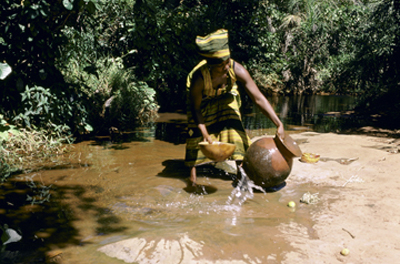
November 08, 2010 -
Congo Learns about Public-Private Partnership (PPP) Service Contracts in Water and Sanitation
Despite having the mighty Congo River—the third largest in the world—along its entire Eastern border, Congo lacks a proper water infrastructure; as a result nearly three quarters of Congo’s urban population has no access to clean water.
Read More
Knowledge-providing Countries:
Knowledge-receiving Countries:
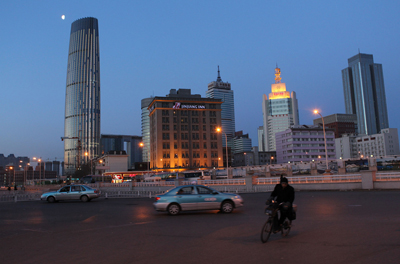
April 29, 2011 -
Africa Learns Best Practices on Special Economic Zones (SEZs)
Most African countries see industrialization as part of their path to economic growth. Many are developing Special Economic Zones (SEZs) to improve economic performance, but they are experiencing implementation challenges. As a result, there is a growing demand to learn from successful strategies in SEZ development.
Read More
Knowledge-providing Countries:
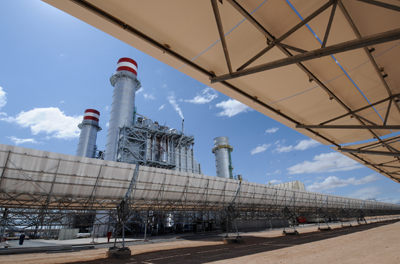
November 01, 2010 -
Achieving Carbon Neutrality in the Maldives by Improving Energy Efficiency and Renewable Energy Programs
As part of its effort to reach carbon neutrality and mitigate against climate change threats, the Government of the Maldives began to modernize its fragmented, inefficient, and carbon-based electricity generation capabilities.
Read More
Knowledge-providing Countries:
Knowledge-receiving Countries:
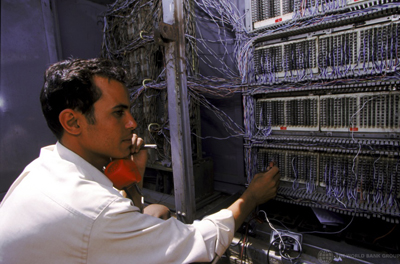
January 15, 2010 -
Bringing Electricity to Rural Communities in Yemen
Yemen successfully provides electricity to urban areas, but many rural areas remain underserved. Although the Government of Yemen (GOY) had outlined a rural electrification plan, it lacked clarity on how to create, operate, and supervise the new nationwide Rural Electric Service Provider (RESP) .
Read More
Knowledge-providing Countries:
Knowledge-receiving Countries:
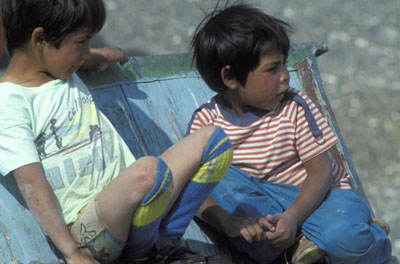
January 15, 2010 -
Applying Social Guarantee Approaches in the Eastern Caribbean
The World Bank’s 2006 Poverty Assessment Study outlined weaknesses in poverty reduction strategies in St. Lucia common to Caribbean countries. The St.
Read More
Knowledge-providing Countries:
Knowledge-receiving Countries:
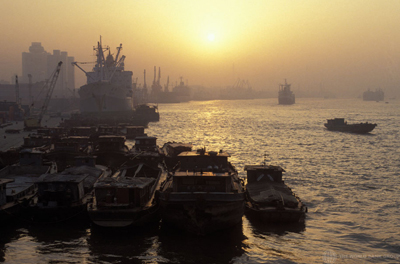
August 26, 2010 -
Improving Infrastructure and Special Economic Zones (SEZs) in Africa
The governments of Africa want to improve the investment climate and reduce poverty in their countries through modernization and industrialization. Learning from the Asian experience, many governments are developing Special Economic Zones (SEZs) to achieve these goals. Chinese knowledge, experience, and investment have been invaluable in
Read More
Knowledge-providing Countries:
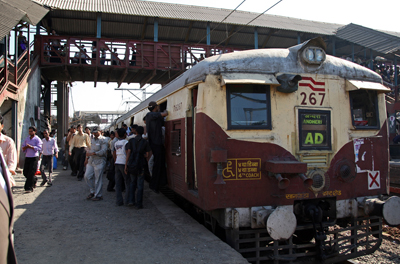
January 04, 2010 -
India and China Exchange Strategies to Expand Railway Networks
Indian Railways (IR) is Asia’s second largest rail system, moving some 30 million passengers and 2.8 million tons of freight daily.1 Railways are critical to both economic growth and reducing environmental impacts; and Indian officials recognized the need for a long-term strategy to expand and modernize India’s railways to meet the ne
Read More
Knowledge-providing Countries:
Knowledge-receiving Countries:
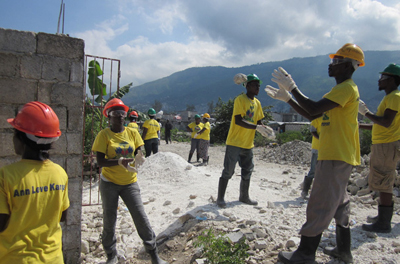
September 02, 2010 -
Learning about Community-Driven Development to Rebuild Housing in Haiti
The earthquake that hit Haiti on January 12, 2010 resulted in a massive loss of lives and a complete breakdown of Haiti’s housing infrastructure. The government of Haiti had been unable to invest in long-term reconstruction given its immediate needs for emergency housing.
Read More
Knowledge-providing Countries:
Knowledge-receiving Countries:
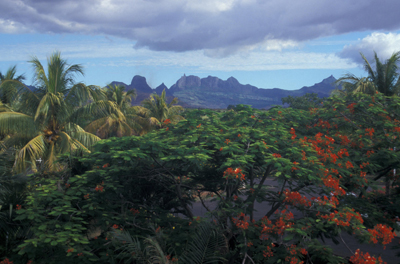
December 15, 2009 -
Learning to Ease “Doing Business” Regulations in Cape Verde
Despite impressive economic gains over 25 years, the government of the African island nation of Cape Verde felt that unnecessary regulation was limiting job creation and private sector growth.
Read More
Knowledge-providing Countries:
Knowledge-receiving Countries:
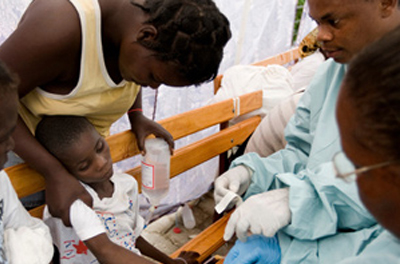
May 11, 2009 -
Haiti Scales Up Nutritional Security and Social Safety Nets
Children in Haiti are born into harsh conditions, and malnutrition is widespread, taking a devastating human and economic toll.1 To combat malnutrition, the government of Haiti approached the World Bank for help in strengthening the country’s nutritional security and safety net programs.
Read More
Knowledge-providing Countries:
Knowledge-receiving Countries:

June 01, 2009 -
Reviving Haiti’s Garment Industry through Foreign Investment and Capacity Development
Haiti’s garment industry, responsible for 88 percent of Haitian exports,1 received a crippling blow from the January 12, 2010 earthquake. The Government of Haiti (GOH) gave a high priority to the sector, which is the country’s largest employer, and wanted to attract investment to revitalize exports and create jobs.
Read More
Knowledge-providing Countries:
Knowledge-receiving Countries:
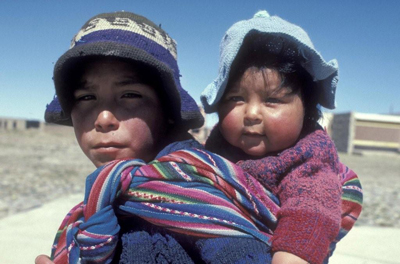
March 31, 2009 -
Improving Programs to Tackle Extreme Poverty in Bolivia
Poverty and inequality are harsh realities in Bolivia. In spite of targeted social programs, 59 percent of the indigenous and 62 percent of rural populations still live in extreme poverty.1 Looking to improve social programming for these groups, a special unit in Bolivia’s Ministry of Planning—Unidad de Análisis de Políticas Sociales y Económicas
Read More
Knowledge-receiving Countries:
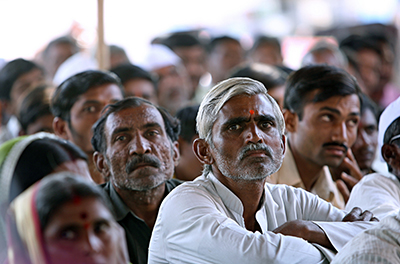
September 15, 2009 -
Enhancing Capacity to Improve Social Protection Strategies in Delhi
The Mission Convergence (MC) or “Samajik Suvidha Sangam” in Hindi is an initiative by the Government of the National Capital Territory of Delhi (GNCTD) that aims to alleviate poverty and improve government social programs.
Read More
Knowledge-providing Countries:
Knowledge-receiving Countries:
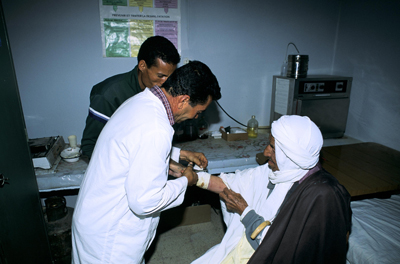
November 16, 2009 -
Building Knowledge to Reform Hospital Management in Senegal
Reforms granting autonomy to Senegalese hospitals in 2002 did not lead to improvements in hospital performance or financial management.
Read More
Knowledge-receiving Countries:
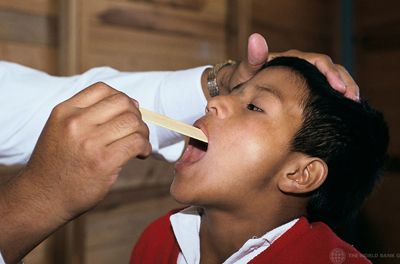
March 11, 2009 -
Belize, Honduras, Jamaica, and Mexico Work Together to Strengthen Conditional Cash Transfer (CCT) Programs
Conditional Cash Transfer (CCT) programs in Latin America and the Caribbean (LAC) have improved the lives of millions of poor households across the region by improving children’s education and health (human capital), reducing poverty, and ensuring a minimum income for the poorest households.
Read More
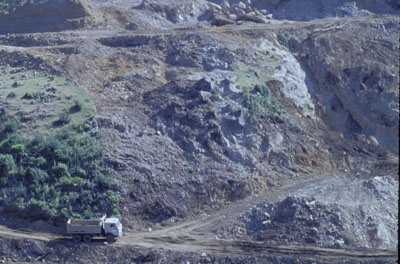
October 01, 2009 -
Enhancing Capacity to Diversify the Mongolian Economy
Mongolia has successfully transitioned from a centrally planned to a market economy but remains overly dependent on its mining industries.
Read More
Knowledge-providing Countries:
Knowledge-receiving Countries:
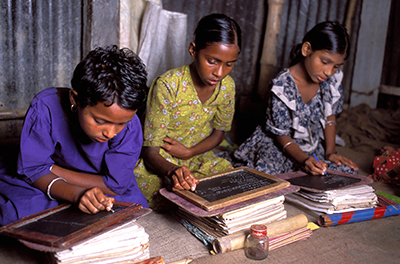
May 21, 2009 -
Learning to Build National Research and Education Networks (NRENs) in South Asia
The Internet has become an integral part of the delivery of quality education nearly worldwide, except in countries such as Afghanistan, Bangladesh, Bhutan, and Nepal that lack easy, cost-effective Internet access. Wanting to address this academic isolation and improve higher education, these four countries approached the World Bank for help.
Read More
Knowledge-receiving Countries:
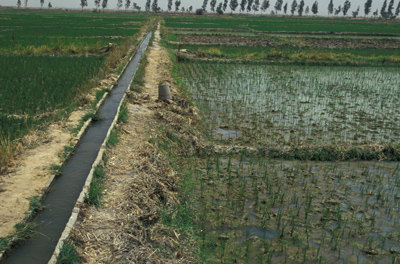
September 14, 2009 -
Learning from Experience with Small-scale Irrigation in West Africa
Most West African farmers need to reduce their reliance on the region’s erratic rainfall patterns if they want to increase crop yields and diversify from traditional commodity production.
Read More
Knowledge-providing Countries:
Knowledge-receiving Countries:
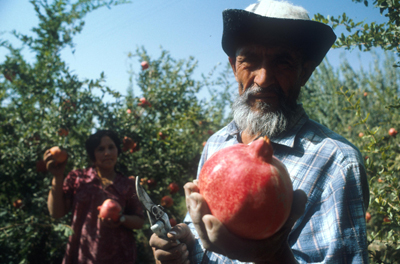
October 19, 2009 -
Learning Skills to Develop Forests and Reduce Carbon in the Kyrgyz Republic and Tajikistan
Developing forested areas offers many interrelated environmental and other socioeconomic benefits. Increased biodiversity, soil conservation, jobs, firewood, and building materials for the rural poor work together to create a virtuous cycle—the more forests, the more benefits; and the more benefits, the more forests.
Read More
Knowledge-providing Countries:
Knowledge-receiving Countries:
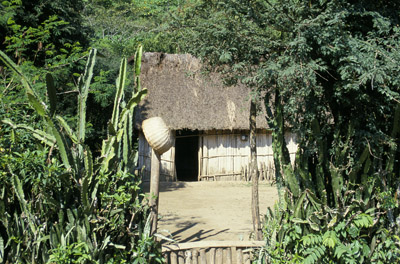
April 14, 2009 -
Helping Indigenous Communities in Nicaragua Manage Forest Resources
The Government of Nicaragua (GoN) supports indigenous communities in the Northern Atlantic and Southern Atlantic Autonomous Regions (RAAN and RAAS) in their efforts to take ownership and manage their own forest resources---a policy that helps reduce poverty in the communities while also fighting ecological degradation.
Read More
Knowledge-providing Countries:
Knowledge-receiving Countries:
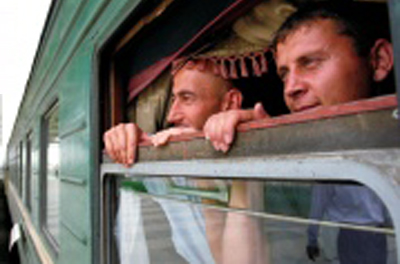
March 11, 2009 -
Improving Capacity for Migration Management in Europe and Central Asia
Every year, approximately 10 million migrant workers from the lower-income Commonwealth of Independent States (CIS) head to Russia and other middle-income CIS countries to seek employment and provide a livelihood for their families.1 Many migrant laborers remit funds to their home countries to support their extended families.
Read More
Knowledge-providing Countries:
Knowledge-receiving Countries:

July 15, 2009 -
Moldova Builds Capacity to Align with EU Corporate Financial Reporting Standards
The government of Moldova has been pursuing reforms to strengthen corporate financial reporting (CFR) since the mid-1990s, but by mid 2009 the system still had shortcomings. The GOM did not have a clear understanding of key sections of the Country Action Plan (CAP) for reforming corporate financial reporting that the World Bank had helped creat
Read More
Knowledge-providing Countries:
Knowledge-receiving Countries:

 China
China Colombia
Colombia Denmark
Denmark India
India Indonesia
Indonesia Mexico
Mexico Russian Federation
Russian Federation Spain
Spain United Kingdom
United Kingdom